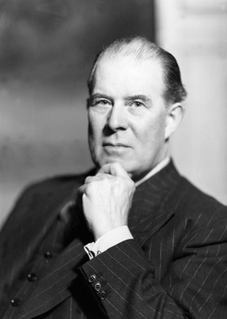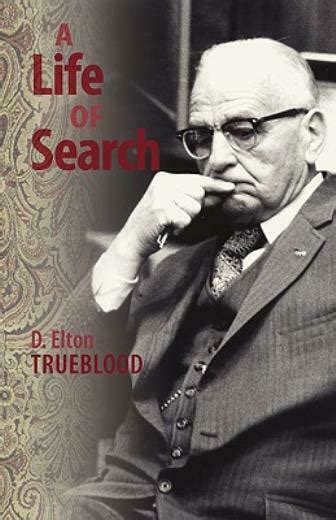A Quote by Seneca the Younger
Life is divided into three periods: that which has been, that which is, that which will be. Of these the present is short, the future is doubtful, the past is certain.
Related Quotes
These tenses-past, present and future-are not the tenses of time; they are tenses of the mind. That which is no longer before the mind becomes the past. That which is before the mind is the present. And that which is going to be before the mind is the future. Past is that which is no longer before you. Future is that which is not yet before you. And present is that which is before you and is slipping out of your sight. Soon it will be past.
Autonomy means women defining themselves and the values by which they will live, and beginning to think of institutional arrangements which will order their environment in line with their needs.... Autonomy means moving out from a world in which one is born to marginality, to a past without meaning, and a future determined by others--into a world in which one acts and chooses, aware of a meaningful past and free to shape one's future.
The last few decades have been marked by a special cultivation of the romance of the future. We seem to have made up our minds to misunderstand what has happened; and we turn, with a sort of relief, to stating what will happen-which is apparently much easier...The modern mind is forced towards the future by a certain sense of fatigue, not unmixed with terror, with which it regards the past.
There are some places which, seen for the first time, yet seem to strike a chord of recollection. "I have been here before," we think to ourselves, "and this is one of my true homes." It is no mystery for those philosophers who hold that all which we shall see, with all which we have seen and are seeing, exists already in an eternal now; that all those places are home to us which in the pattern of our life are twisting, in past, present and future, tendrils of remembrance round our heart-strings.
My concern today is with the painting of manners of the present. The past is interesting not only by reason of the beauty which could be distilled from it by those artists for whom it was the present, but also precisely because it is the past, for its historical value. It is the same with the present. The pleasure which we derive from the representation of the present is due not only to the beauty with which it can be invested, but also to its essential quality of being present
Past, n. That part of Eternity with some small fraction of which we have a slight and regrettable acquaintance. A moving line called the Present parts it from an imaginary period known as the Future. These two grand divisions of Eternity, of which the one is continually effacing the other, are entirely unlike. The one is dark with sorrow and disappointment, the other bright with prosperity and joy.... Yet the Past is the Future of yesterday, the Future is the Past of to-morrow. They are one-the knowledge and the dream.
There are also flat periods in life which may well be the periods during which-before new lessons come- the past lessons of life are allowed to seep, quietly and deeply, into the marrow of the soul. These outwardly flat periods, when enduring well may not seem very purposeful,, are probably the times when needed attitudinal alignments are quietly occurring.
How often are you worrying about the present moment? The present moment is usually all right. If you're worrying, you're either agonizing over the past which you should have forgotten long ago, or else you're apprehensive over the future which hasn't even come yet. We tend to skip over the present moment which is the only moment God gives any of us to live.
Sir, sorrow is inherent in humanity. As you cannot judge two and two to be either five, or three, but certainly four, so, when comparing a worse present state with a better which is past, you cannot but feel sorrow. It is not cured by reason, but by the incursion of present objects, which bear out the past.
Reform is a good replete with paradox; it is a cathartic which our political quacks, like our medical, recommend to others, but will not take themselves; it is admired by all who cannot effect it, and abused by all who can; it is thought pregnant with danger, for all time that is present, but would have been extremely profitable for that which is past, and will be highly salutary for that which is to come.








































